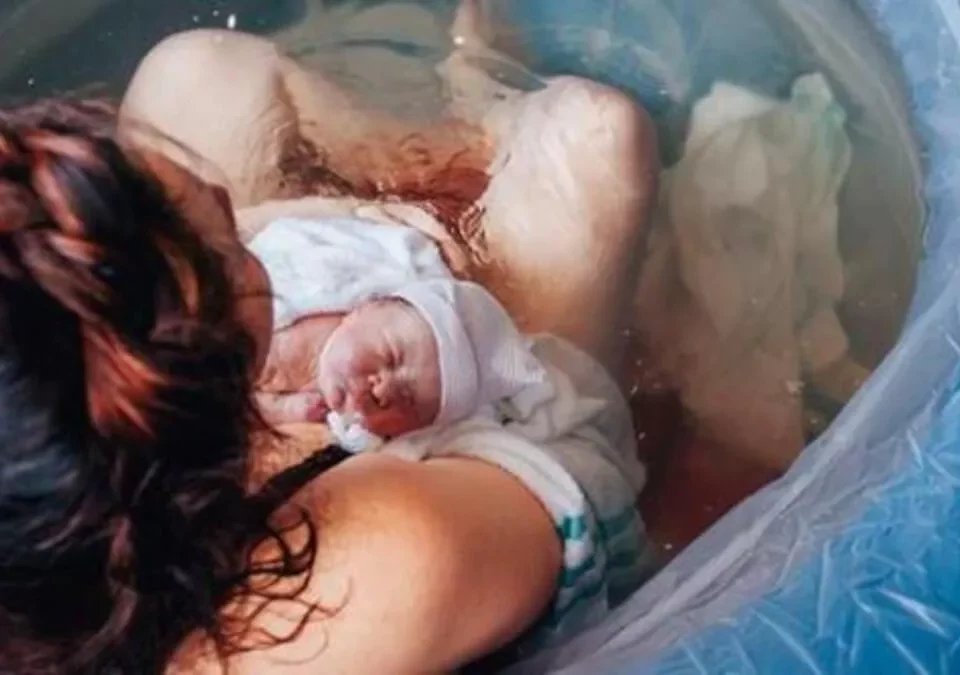Blood incompatibility occurs when the blood group of the expectant mother is Rh negative and her partner is Rh positive. The blood type of the babies of couples with this type of condition can be Rh (+) or Rh (-). It is not a problem if the baby’s blood type is Rh (-), but it can cause problems if the baby’s blood type is Rh (+).
Why is Blood Incompatibility Important?
In the case of Rh incompatibility between the baby and the mother, if the baby is positive, the mother’s blood and the baby’s blood come into contact during pregnancy or childbirth and the erythrocytes in the baby’s blood pass into the mother’s blood. These erythrocytes that pass into the mother’s blood contain the baby’s Rh antigens and the mother’s body responds by producing anti-Rh antibodies. The baby is not harmed in this pregnancy, but in the mother’s next pregnancies, if the baby has Rh (+) blood group, the anti Rh antibodies formed in the womb during the first pregnancy pass to the second baby and start destruction in the baby’s blood. This is because the mother has been exposed to protein D and has produced antibodies against it. This has created a strong defense mechanism in the mother, which increases the likelihood of harm to the second baby. When the baby delivers white blood cells to the mother via the umbilical cord, the mother sends antibodies against protein D, which she has already met in her body, and these antibodies can cause the baby’s blood cells to break down.
Symptoms of Blood Incompatibility
In the case of blood incompatibility, if the baby is affected, the anti-Rhs passed from the mother cause the baby’s blood cells to break down and collapse. This leads to anemia in the baby, a disease known as anemia in the community. As a result of anemia, heart failure and fluid accumulation in the body cavities, a condition called hydrops is detected during ultrasound. Depending on the severity of the disease and the number of blood cells destroyed, the baby may have many problems, including jaundice, mental retardation and death in the womb.
Blood Incompatibility Treatment
The primary aim of blood incompatibility is to prevent the mother from forming antibodies against Rh-positives. To prevent this, pregnant women with Rh(-) blood type and Rh(+) blood type have 28. anti-D injections are recommended weekly. This injection, also known as the incompatibility injection, must be given again within the first 72 hours after birth if the baby’s blood group is positive.







